Advanced Guide to Psychological Thinking: Critical and Historical Perspectives
$99.00
Description
Psychology is a synthesis of diverse fields with distinct referents, even when using the same terms, as well as a technology of healing and a pervasive language used to make sense of self and other. Nonetheless, they share the notion that mental activity takes place in hard to access, inner spaces, making it easier to study behavioral manifestations, though they can be represented in an expert language. An Advanced Guide to Psychological Thinking: Critical and Historical Perspectives focuses on several key areas in psychology: learning, the brain, child development, and therapy, and looks at how certain conceptual tensions ground psychological understanding of various phenomena including a tension between inside and outside, structure and function, higher and lower and description and explanation. These can generate confusion at the heart of the discipline. As psychology was transformed into the study of consciousness in the late nineteenth century, and the science of behavior in the early twentieth, disciplines of psychology struggled to distinguish between the inside and the outside. Additionally, it was unclear how to reconceive the traditional structures of the post-Cartesian mind in the terms of evolutionary functionalism without losing sight of the fact that the mind has its own organization. Psychology s influence today, particularly that of post-Freudian therapeutics, has extended far beyond the university, creating a therapeutic sensibility by which Westerners make sense of themselves and their world. An Advanced Guide to Psychological Thinking performs the vital task of helping psychology recognize its own foundations.”
Author: Ausch, Robert
Topic: Psychology
Media: Book
ISBN: 739195425
Language: English
Pages: 266
Additional information
| Weight | 1.1 lbs |
|---|---|
| Dimensions | 9.1 × 5.9 × 0.9 in |


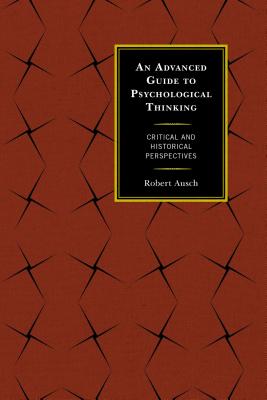
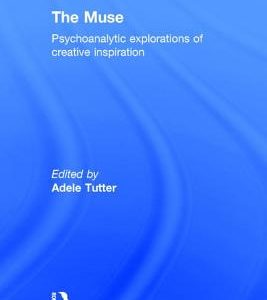

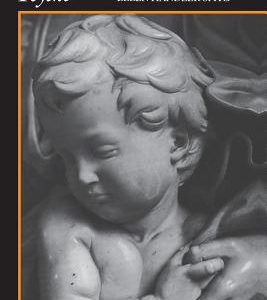




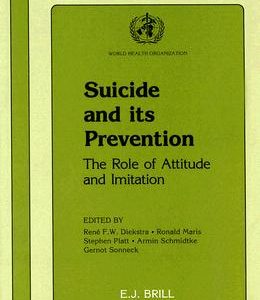


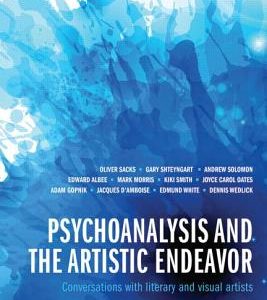
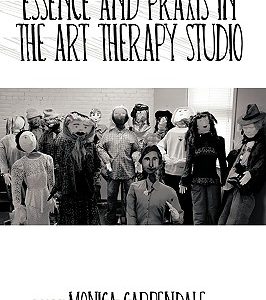
Reviews
There are no reviews yet.